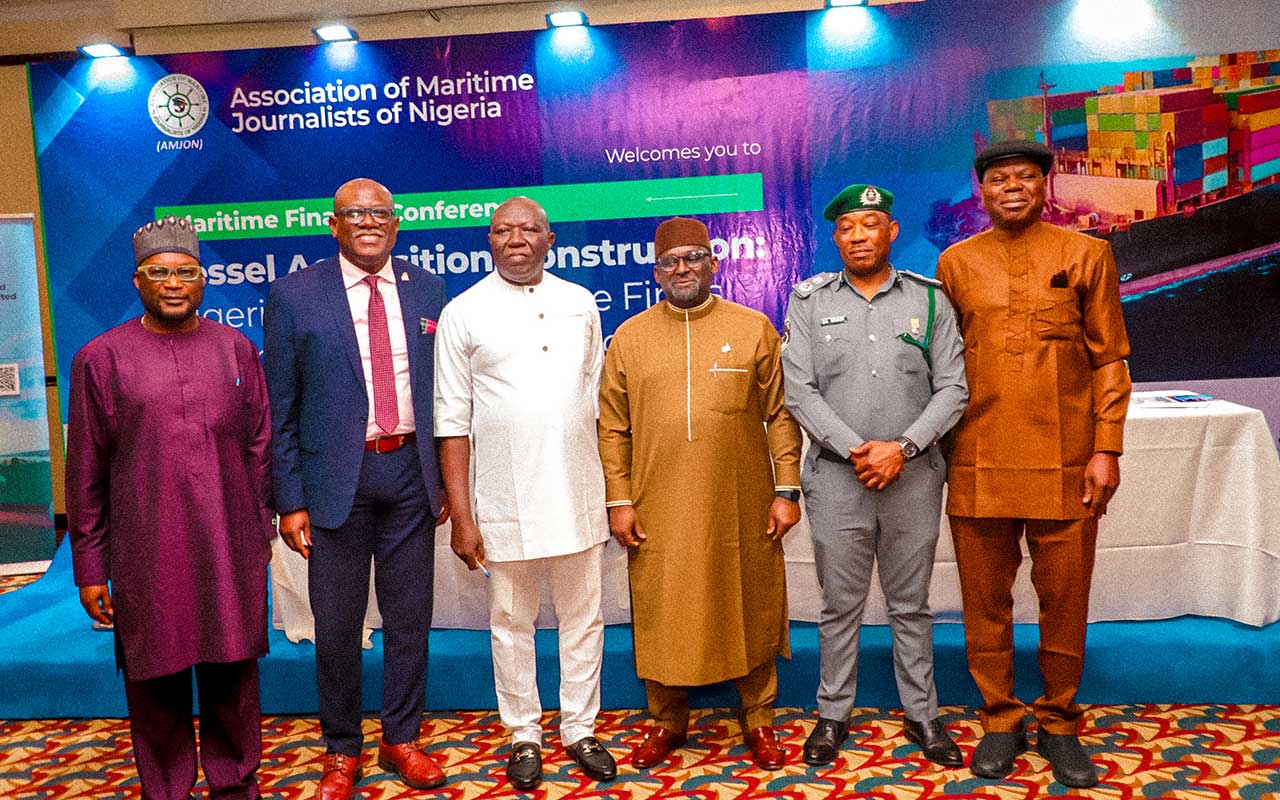
• Secures UK accreditation
The management of the NLNG Shipping and Marine Services Limited (NSML) has disclosed that the Maritime Centre of Excellence (MCOE) has reduced the outflow of foreign currency through the domestication of seafarers training and certification abroad by 70 per cent.
This is just as the MCOE recently became the first training centre in Africa to receive the highly sought-after accreditation from the United Kingdom Maritime and Coastguard Agency (UK MCA).
This achievement allows the training centre to deliver and issue certificates for the STCW 2010 Electronic Chart Display and Information System (ECDIS) and the Basic Liquefied Gas Tanker Cargo Operations courses, placing it among globally recognised maritime training institutions.
Its accreditation is often referred to as the ‘Gold Standard’ in maritime training, a mark of excellence that underscores the quality of the MCOE’s programmes.
The Managing Director/Chief Executive Officer of NSML, Abdulkadir Ahmed, highlighted that a typical seafarer requires around 20 different certifications to operate internationally.
He noted that by domesticating these training programmes, the MCOE has significantly reduced the costs associated with obtaining these certifications abroad, which previously involved expensive flights, accommodation, and high training fees.
Ahmed said the MCOE’s impact extends beyond just cost savings as it plays a critical role in bringing value to Nigeria’s economy by reducing the outflow of foreign currency and increasing the number of trained professionals within the country.
He said this strategic move aligns with Nigeria’s broader goals of building local capacity well-prepared to meet the demands of the global shipping industry and reducing dependency on foreign expertise.
Ahmed emphasised that the accreditation confirms that the MCOE’s courses are not only in line with global best practices but also crucial for enhancing maritime safety, modern navigation, and operational efficiency.
He expressed immense pride in the certifications, stressing that the newly accredited courses are vital for seafarers globally, as they are mandatory for those aiming to advance their careers and ensure safe operations at sea.
“With this accreditation, NSML’s MCOE is poised to become a leading hub for maritime training in Africa,” he said.
The Manager of Training at MCOE, Dr Effiong Ekanem-Attah, highlighted the strategic importance of the centre, noting that by domesticating maritime training, the MCOE has significantly reduced the costs associated with sending personnel abroad for training.
He said this cost-saving measure, which cuts training expenses by up to 70 per cent, allows more Nigerian seafarers to receive the necessary certifications locally, thereby boosting the country’s maritime capacity.
“Our strategy to domesticate training has cut costs by 70 per cent, allowing more people to receive training for the same budget that would have only trained a few abroad. This approach not only enhances the accessibility of high-quality training for Nigerian seafarers but also supports other international oil companies (IOCs) and external bodies that now prefer to utilise the MCOE’s facilities, recognising the cost-effectiveness and quality offered,” he stated.
According to him, the centre spent considerable time and resources developing processes and structures to meet these international standards, ensuring that its graduates are well-prepared for the demands of the global shipping industry.
He said NSML’s commitment to continuous improvement is evident in its approach to maintaining the standards that earned the MCOE its accreditation, adding that the company is focused on ongoing training, retraining, and development of its personnel to keep pace with the rapidly evolving maritime industry.






